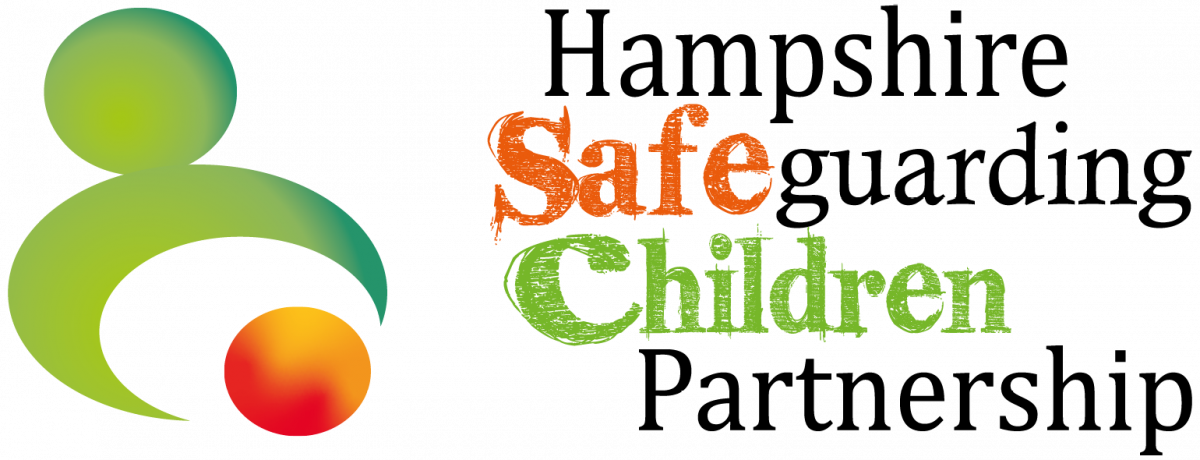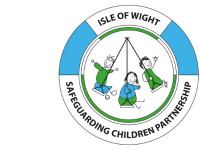Offline bullying
What is bullying?
Bullying is behaviour by an individual or group, often repeated over time, that intentionally hurts another individual or group either physically or emotionally.
It is important for us to understand the different types of bullying, which can be put in to the following four sections:
1. Verbal:
- Name calling – not just calling them names but calling their loved one names.
- Threatening them – by saying they will hurt them or someone close to them.
2. Physical:
- Actions such as hitting, kicking, biting, scratching, and pushing.
- Anything that hurts someone by touching is physical bullying.
- This is also a criminal offence, and nobody can or should hit anyone else.
3. Indirect:
- Ignoring someone – leaving them out or not allowing them to join in a game.
- Spreading rumours – talking about them behind their back and saying things that are not true.
- Someone glaring or giving threatening looks.
4. Cyber/online:
- Internet abuse – using social networking sites to show pictures, embarrass others, set up groups and encourage others to take part in bullying online.
You will see that we have included online bullying, but this is covered separately in more detail. Take a look at our Online Bullying resource which can also be found on the toolkit.
While everyone’s response to bullying can vary, an adolescent child who is being bullied may show the following behaviours:
- Seem less confident in themselves.
- Show signs of distress such as feeling upset, low or anxious.
- Avoid schools or refuses to go to school altogether.
- Often complains of feeling physically unwell.
- Has outbursts of unexplained anger at home.
- Seem withdrawn, isolated and wary of others.
- Has fewer friends or changes in friendships.
- Acts in a bullying way towards others.
- Has unexplained physical injuries, such as bruises.
What to do if your adolescent child is being bullied
- If bullying is happening online, report it to the game or social media platform and block the perpetrator. Most games and social media platforms have an anti-bullying policy which can be found online.
- If you think your child is being bullied online by peers from their school, report it to the school as soon as you can.
- Keep reporting the bullying until it stops. It may not stop the first time you report it – so keep checking in with your child and report it each time it happens again.
How can you help your adolescent child?
- Open a conversation.
- Listen to their experience.
- Give them time before talking if they need it.
- Check in with them, giving them a safe space to open up to you.
- Keep a log of the bullying.
- Help them build up their self-esteem.
- Encourage them to spend time with peers who treat them well.
- Help them make time to do things they enjoy.
- Take action to stop the bullying.
Useful online resources and services
There are so many resources and services out there for you to access but we wanted to share some of the links to ones we know are well used by parents and carers.
Anti-Bullying Alliance – has interactive tools for parents and carers Click here. They also provide case studies and further advice Click here, and, what to do if you need to raise bullying concerns further Click here.
Family Lives – provides advice to parents and carers relating to a range of different bullying matters, as well as the opportunity to contact them and speak to a member of the team for advice. Click here.
LGBTQIA+ (Lesbian, gay, bisexual, transgender, queer, intersex and asexual) support
Barnardo’s young people support – Through its Hub, Barnardo’s offers guidance to young people, parents, and teachers on how to support LGBTQIA+ students and tackle prejudice-based bullying. Click here
Special Educational Needs and Disabilities (SEND) support
Anti-bullying Alliance – have produced SEND related bullying advice for school staff, parents, and carers. Click here
Race and religion support
Educate. Against. Hate – provides parents and carers practical advice and information on protecting children from extremism and radicalisation. Click here
Show Racism the Red Card – provides resources and workshops for schools to educate young people, often using the high profile of football, about racism. Click here
Where can I get local advice and support?
Hampshire:
What to do if you are being bullied or see someone being bullied – Hampshire County Council
Isle of Wight:
Bullying advice for Parents/Carers – Isle of Wight Safeguarding Children Partnership

